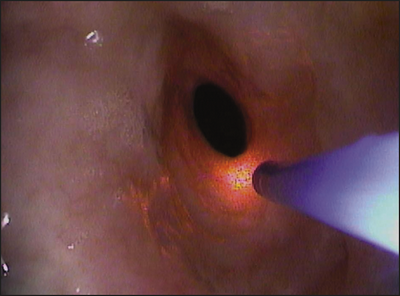Dilated eye exams are important to all patients and the most important factor that need to be considered before making a choice on which one to have done is whether or not you are a candidate for this procedure.

As there are many types of dilators on the market for use with different purposes, it is essential that you get a thorough understanding of what they are and what their benefits are. This way you can make an informed decision about whether or not you are suitable for this procedure.
The dilation procedure is normally referred to as “dilation of the pupil”. If eye dilation in an examination is required, it usually depends on the age, your general health and the risk of having vision problems. The most common dilators used for dilating the pupil include non-surgical solutions. In general, non-surgical dilators tend to be safer, easier to use and give better results than the surgical dilators. These non-surgical dilators include: Eyelid surgery, intraocular pressure drops (IOP), laser surgery and contact lenses.
A surgical solution includes a laser procedure that is used to open the pupil. In this method, the pupil becomes open by using a laser beam which is directed at the pupil and enlarges the pupil to allow more light into the eye. It is not recommended that non-surgical dilators are used in conjunction with any type of laser surgery.
IOP or intraocular pressure drops are often used in conjunction with dilatation as these medications lower your intraocular pressure and decrease your risks of having high intraocular pressure. There are also some medications that are designed to reduce the number of tears in the eye, which reduces your chances of having vision problems as well. Some of these are: Non Steroidal Anti Inflammatory Drugs (NSAIDs), such as ibuprofen and acetaminophen; Beta-blockers such as atenolol and zantac; and beta-blocker-like drugs that help block the effects of histamine such as prednisone.
Laser dilation is the most commonly used form of this procedure in the treatment of high intraocular pressure.

In this method, a laser beam is placed on the retina to cause the opening in the pupil to narrow. As a result, the eye becomes smaller and less visible to the eye doctor.
If you have had a routine eye exam recently and you are unsure if this is something you are eligible for, talk to your physician or optometrist. They will be able to tell you whether or not dilating is appropriate for you and what the benefits and risks are of this procedure.
The benefits of this procedure are that it is usually painless and there are no after-effects. There are risks of infection, bleeding, loss of vision and infection, however if the procedure is performed correctly it is very safe. In some cases it can cause irritation to the cornea, so it is not recommended for those who wear contacts, but most eye exams and surgeries involve lenses or glasses as part of their vision correction regime.
In some cases the results of dilatation can also improve the quality of life of those people with glaucoma. For those with glaucoma, a high degree of visual improvement may occur which may make it easier to drive or handle large tools or objects. If the procedure is performed properly, it can also help correct visual defects.
The most common complications after laser dilation include infections of the eye, bleeding, discomfort and loss of vision. This is why it is so important that you discuss all the possible complications and risks of the procedure with your eye doctor before having it done. It is also important to ask your eye doctor if you can use glasses or contacts during and after the procedure.
You may be given instructions on the proper way to care for your eye after the procedure and you may be given some type of follow up treatment such as glasses, contact lenses, or drops to help keep your eye healthy. If the procedure was done correctly, there are no long term risks associated with the surgery, but it is still important to follow all directions closely and consult your eye doctor immediately if any complications occur.
Successful laser dilation surgery has the ability to change the overall appearance of your vision and can give you more clarity than the usual glasses or contacts and vision corrective eye surgery would provide. This procedure can also improve your quality of life.